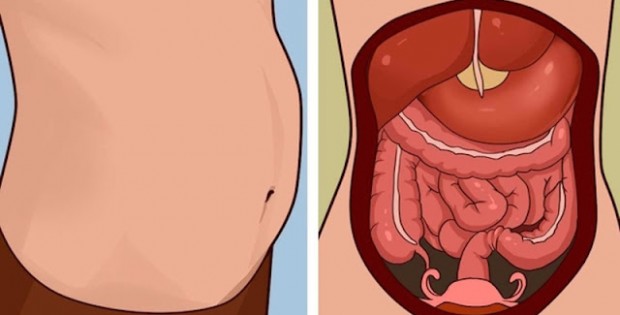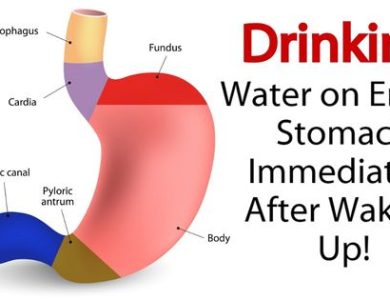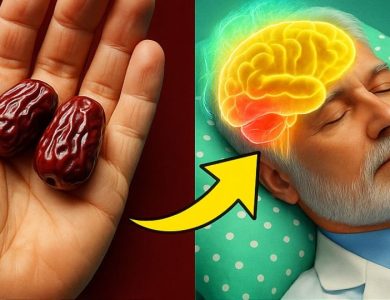You’re NOT FAT, You are Bloated. Here Are 9 Reasons And Proven Ways To Fix It.

Many people often confuse bloating with weight gain. It’s a common misconception, especially among seniors who may experience these sensations more frequently. Let’s explore the underlying causes of bloating and some straightforward solutions to relieve this uncomfortable feeling.
Understanding Bloating
Bloating is characterized by a swollen, full feeling in the abdomen. It is often a result of gas build-up and fluid retention in the digestive system, causing discomfort. Unlike weight gain, which involves an increase in body fat, bloating is usually temporary and related to diet, lifestyle, or sometimes underlying health issues.
Common Causes of Bloating
There are several culprits when it comes to bloating. By identifying these, you can help reduce or even eliminate the problem.
1. Overeating
Eating too much food can stretch your stomach and lead to bloating. It’s essential to maintain portion control during meals.
2. Eating Too Fast
Gulping down food quickly can cause you to swallow air, leading to gas build-up. Try savoring your meals slowly to help alleviate this issue.
3. Carbonated Beverages
Drinks like soda and sparkling water contain bubbles of carbon dioxide, which can lead to bloating. Opt for still water instead.
4. High-Salt Diet
Excessive salt in the diet can cause water retention, as the body holds onto water to balance its electrolyte levels.
5. Dairy Products
For those with lactose intolerance, consuming dairy can lead to excessive gas and bloating.
6. Beans and Lentils
These legumes are high in fiber and can cause gas for some people. Cooking them thoroughly can reduce their bloating potential.
7. Artificial Sweeteners
Sweeteners like sorbitol and xylitol can cause digestive issues, including bloating, as they are not easily absorbed by the stomach.
8. Constipation
Being constipated can slow down the digestive process, leading to bloating. Regular bowel movements can help relieve this.
9. Hormonal Changes
Menstruation and menopause can cause hormonal fluctuations that lead to bloating. Monitoring your diet and lifestyle during these times can help manage symptoms.
Proven Ways to Reduce Bloating
Addressing the causes of bloating can significantly alleviate symptoms. Here are several strategies to help ease bloating:
1. Watch Your Diet
Reducing the intake of foods known to cause bloating, like those mentioned above, can be beneficial. Pay attention to how your body reacts to different foods.
2. Stay Hydrated
Drinking plenty of water aids digestion and can reduce bloating by flushing excess salt from your system.
3. Increase Fiber Gradually
While fiber is important, introducing too much too quickly can cause bloating. Slowly increase your intake over time.
4. Exercise Regularly
Physical activity helps promote digestive health and can reduce bloating by encouraging bowel movements.
5. Try Over-the-Counter Remedies
There are various products available that can help reduce gas and bloating, such as anti-gas capsules and probiotics.
6. Relaxation Techniques
Stress can affect your digestive system. Practices like yoga, meditation, or gentle stretching can help you relax and reduce bloating.
7. Mindful Eating
Concentrate on eating slowly and chewing thoroughly. This can help your digestive system handle food more effectively, reducing bloating.
In conclusion, while bloating can be uncomfortable and often mistaken for weight gain, understanding its causes and implementing a few simple lifestyle adjustments can greatly improve your digestive well-being.





